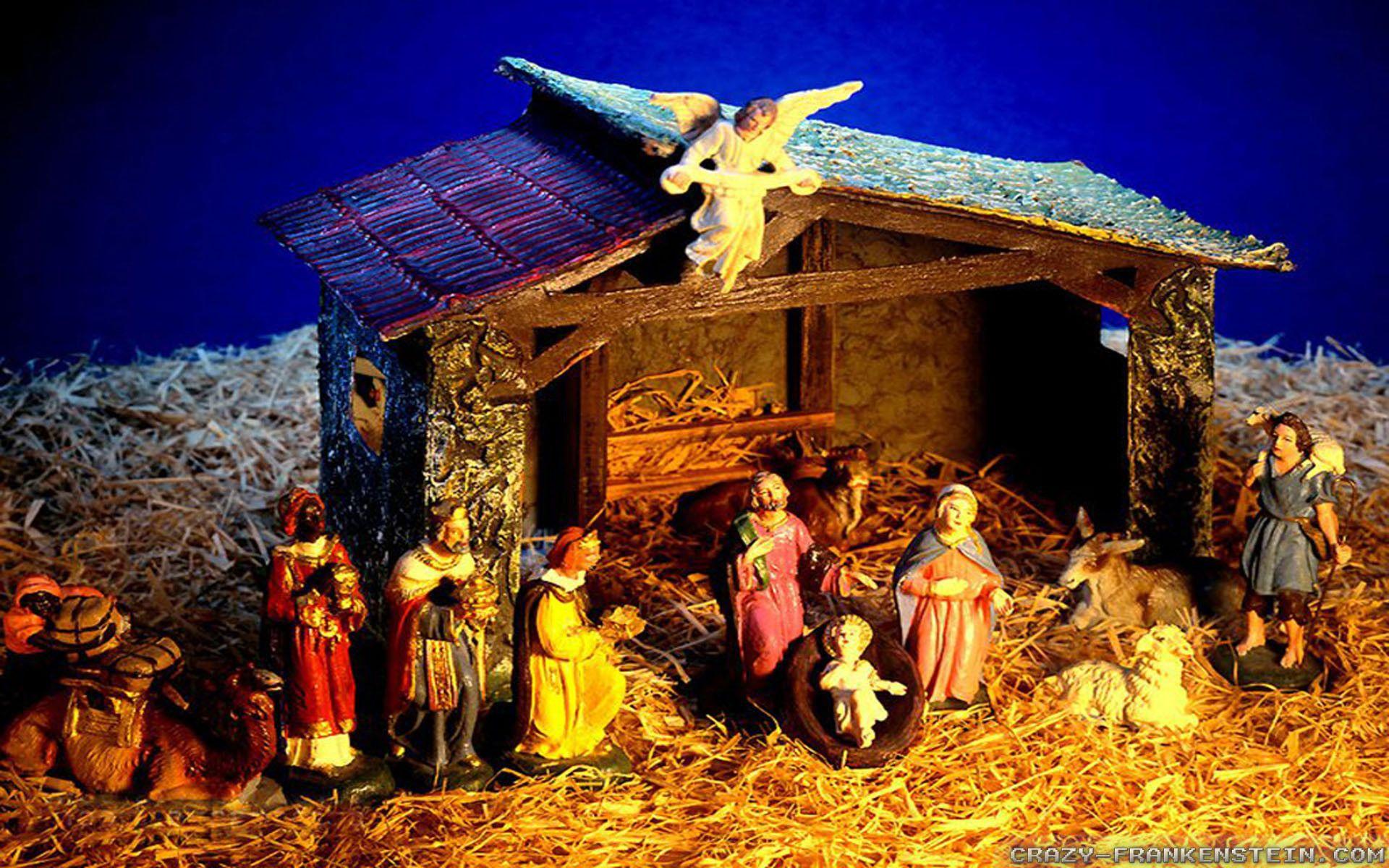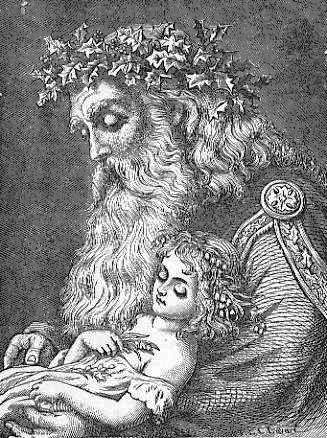An interesting take, by Howard Thurman, on the proper “Work of Christmas.”
“To find the lost,
To heal the broken,
To feed the hungry,
To release the prisoner,
To rebuild the nations,
To bring peace among brothers,
To make music in the heart.”
It is not quite what Jesus says in the Bible, however.
His actual commission to the apostles was to cast out demons, heal the sick, preach the gospel, and baptize. Don’t see that here.
“Find the lost” and “Heal the broken” might cover this, but they are at best open to misinterpretation. If “find the lost” equates to casting out demons, it seems an odd way to put it. In the Bible, God finds the lost sheep; it seems presumptuous to suggest the individual Christian should or could.
Feed the hungry? It is incumbent on us to feed the hungry, true. Not just for Christians, but as a universal moral obligation. But Jesus also said “The poor you shall have always with you”; and that worship must be given priority over giving money to the poor. This is not the essence of the Christian mission as such.
“Release the prisoner”? He never says that. He says we are to visit those in prison, which is quite different. This would presuppose that laws and legal systems are illegitimate. Not in the Bible.
It is true that in Luke 4, Jesus says of himself, that he has come “to proclaim freedom for the prisoners and recovery of sight for the blind, to set the oppressed free.” But he is by this identifying himself as “the anointed one,” the Messiah, an exceptional circumstance--not giving a commission for Christians during normal times. He is describing a general amnesty, as in Jubilee year.
“Rebuild the nations?” Jesus stresses the separation of salvation and politics: “render to Caesar what is Caesar’s.” He confounded the Jewish expectation that the Messiah would be a political figure. He did not commission his followers to re-found the nation of Judea, nor to somehow reform the Roman Empire.
“Bring peace among brothers”? This is almost a flat contradiction of what Jesus does say: “Do not suppose that I have come to bring peace to the earth. I did not come to bring peace, but a sword. For I have come to turn ‘a man against his father, a daughter against her mother, a daughter-in-law against her mother-in-law’—a man’s enemies will be the members of his own household.”
You might point to him saying, in the Beatitudes, “blessed are the peacemakers.” But the word translated as “peacemakers” is in the ancient documents most commonly applied to Roman Emperors. It seems therefore to refer to those who keep the peace in the sense of a police force or a “justice of the peace”: by mediating disputes fairly, without fear or favour, and by catching and punishing wrongdoers.
So—bring peace among brothers in that sense: by throwing one of them in prison. So much for “Releasing the prisoners.”
“To make music in the heart.” I think Jesus did command us to create art, when he told us to be salty and to shed light; as does the Book of Genesis, giving us a commission as gardeners and potters; as does the Book of Revelations, envisioning the New Jerusalem as a city made of precious gems. But why only “in the heart”? That seems to be there to negate the point. Music in the heart is not audible to others; art that is invisible is not art. Jesus commanded us instead to “let your light shine,” to let everyone see your works, to give light to everyone in the house; to be like a city on a hill.
So it is subtle. Am I nitpicking?
I think not. Friend Xerxes quotes Thurman's poem as justification for a program of left-wing "social justice" as he proper expression of Christianity.
It seems like an attempt to subvert the gospel to worldly ends.
































